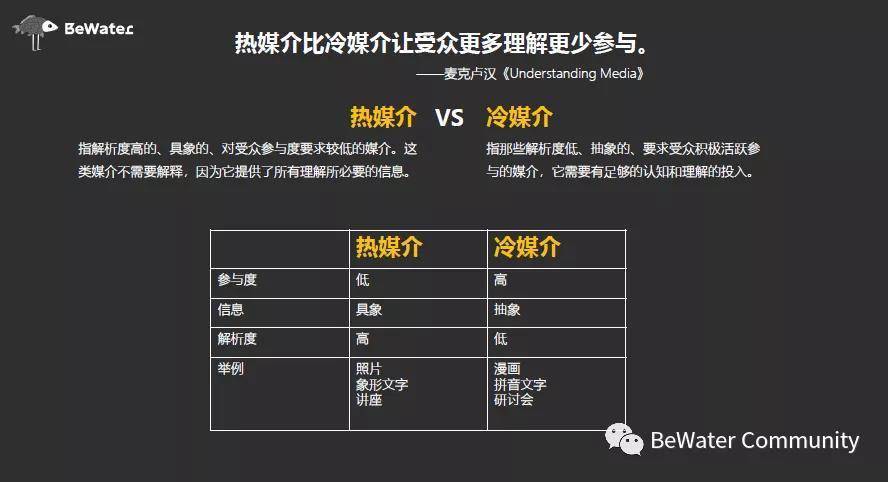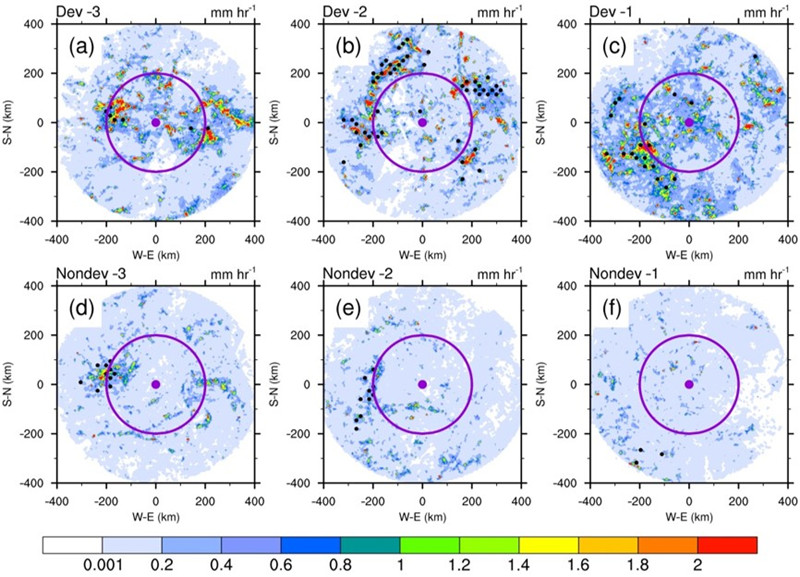Understanding Conforming vs Non-Conforming Loans: Which One is Right for You?
Guide or Summary:What are Conforming Loans?What are Non-Conforming Loans?Key Differences Between Conforming and Non-Conforming LoansWhich Loan Should You Ch……
Guide or Summary:
- What are Conforming Loans?
- What are Non-Conforming Loans?
- Key Differences Between Conforming and Non-Conforming Loans
- Which Loan Should You Choose?
When it comes to financing your home, understanding the difference between conforming vs non-conforming loans is crucial. These two types of loans cater to different financial situations and borrower needs, and making the right choice can significantly impact your mortgage experience.
What are Conforming Loans?
Conforming loans are mortgages that meet the guidelines set by government-sponsored enterprises (GSEs) like Fannie Mae and Freddie Mac. These loans adhere to specific criteria, including loan limits, credit scores, and debt-to-income ratios. Because they conform to these standards, they often come with lower interest rates and more favorable terms. For instance, as of 2023, the maximum conforming loan limit in most areas is $726,200, although it can be higher in certain high-cost regions.
One of the primary advantages of conforming loans is their accessibility. Borrowers with good credit scores and stable incomes can typically qualify for these loans with relative ease. Additionally, they can benefit from various mortgage options, including fixed-rate and adjustable-rate mortgages, making it easier to find a loan that fits their financial situation.
What are Non-Conforming Loans?
On the other hand, non-conforming loans do not meet the criteria set by GSEs. This category includes loans such as jumbo loans, which exceed the conforming loan limits, as well as loans for borrowers with less-than-perfect credit or unique financial situations. Non-conforming loans can be beneficial for individuals who are looking to purchase high-value properties or who have irregular income streams.

While non-conforming loans can provide flexibility and options for borrowers who may not qualify for conforming loans, they often come with higher interest rates and stricter terms. Lenders perceive these loans as riskier, which is why they may require a higher down payment or a more robust credit profile.
Key Differences Between Conforming and Non-Conforming Loans
1. **Loan Limits**: The most apparent difference is the loan limit. Conforming loans must stay within the set limits, while non-conforming loans can exceed these amounts.
2. **Interest Rates**: Typically, conforming loans offer lower interest rates compared to non-conforming loans, making them more affordable in the long run.
3. **Credit Requirements**: Conforming loans generally require higher credit scores, while non-conforming loans may be available to borrowers with lower scores.

4. **Down Payment**: Non-conforming loans often necessitate larger down payments, which can be a barrier for some borrowers.
5. **Approval Process**: The approval process for non-conforming loans can be more stringent, as lenders assess the risk associated with these loans more closely.
Which Loan Should You Choose?
Deciding between conforming vs non-conforming loans depends on your financial situation, credit score, and the property you wish to purchase. If you have a strong credit history and are looking for a home within the conforming loan limits, a conforming loan may be the best option for you. It offers lower interest rates and more straightforward approval processes.
Conversely, if you're seeking a high-value property or have unique financial circumstances that don't fit the conventional mold, a non-conforming loan might be your best bet. Just be prepared for potentially higher costs and a more complex approval process.

In conclusion, understanding the nuances of conforming vs non-conforming loans can empower you to make informed decisions about your mortgage options. Whether you choose a conforming or non-conforming loan, ensure that it aligns with your financial goals and circumstances. Always consult with a mortgage professional to explore the best options tailored to your needs.